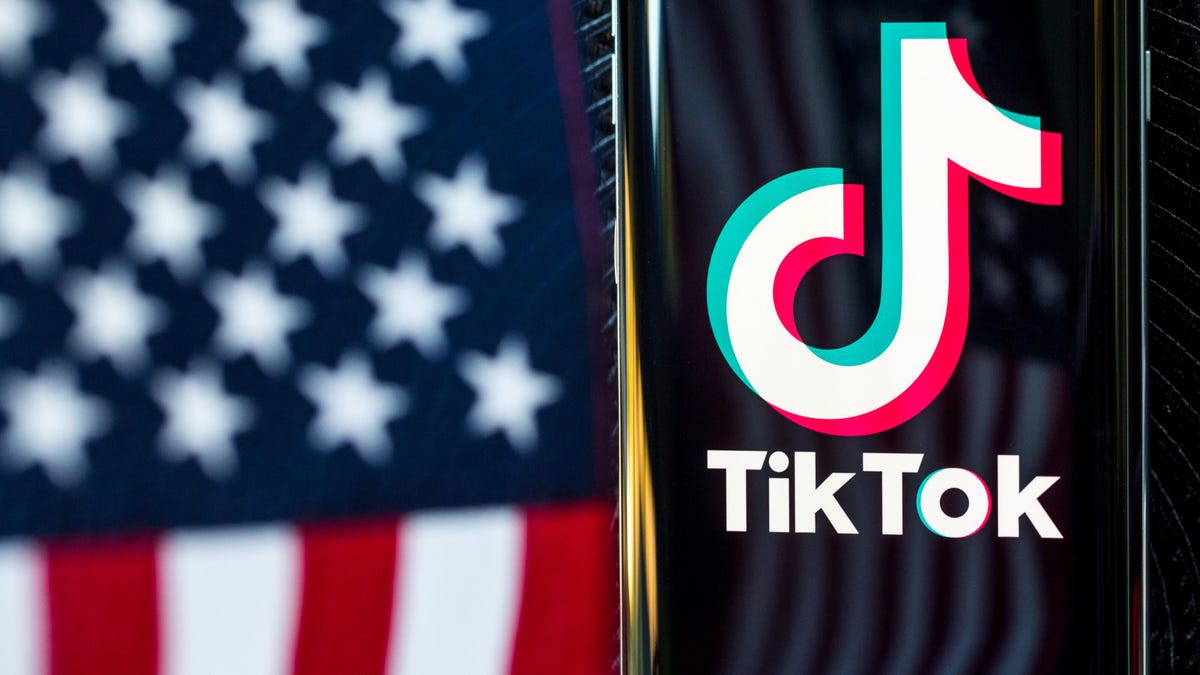TikTok ban won't prevent employees from being paid, US says in filing
Employee sued the Trump administration over worries the workforce would be affected by the ban on the app.

TikTok employees won't have to worry about a ban stopping their paychecks.
An executive order banning TikTok from the US won't affect employees' paychecks, the Trump administration said Monday in a court filing.
The executive order bars any US transactions with TikTok's Chinese parent company, ByteDance. The company behind the short-form video app quickly sued, as did an employee worried that wages and salaries would be covered by a section of the order that bans transactions with the company.
The administration said in a filing in Northern California District Court that it has sent assurances to the Patrick Ryan, the plaintiff in the lawsuit, that it doesn't intend for employee paychecks or other benefits to be affected by the order.
"The Department of Commerce can state that it does not intend to implement or enforce Executive Order 13942 in a manner which would prohibit the payment of wages and/or salaries to Plaintiff or any other employee or contractor of TikTok," the filing states. (Read order below.)
Employees will also not be considered to be violating the order by doing their jobs, the filing says.
Trump signed the executive order, because according to the order, the data TikTok collects "threatens to allow the Chinese Communist Party access to Americans' personal and proprietary information," and could allow China to track the location of federal employees and contractors. Under the order, TikTok would be banned in the US unless another company acquires the app.
Trump, citing national security concerns, announced his intention to ban TikTok in August unless it was purchased by a US company. TikTok says it has never turned over US user data to the Chinese government and wouldn't do so even if it were asked.
Ryan's attorneys said they were pleased with the government's assurances that employees will be paid and won't be prosecuted for reporting to work.
"The government made these concessions to us on the eve of oral argument and after fully briefing our [temporary restraining order]," Alexander Urbelis, a partner with Blackstone Law Group, said in a statement. "The only explanation for this last-minute written concession from the government is that they were afraid to lose in open court and reach the larger issues of whether the president's executive order was constitutional at all."
TikTok is challenging the executive order, arguing that Trump didn't follow due process or provide "evidence that TikTok was an actual threat." The order also failed to justify its "punitive actions," TikTok's complaint says.
Ryan's lawsuit, filed in the same court on Aug. 28, called Trump's executive order "sweepingly broad" and voiced concern it could affected the livelihoods of hundreds of TikTok employees in the US.
"The 1,500 TikTok employees working in the US -- as well as their families -- need to know whether they will be paid next month," reads Ryan's complaint.
The administration's filing comes just hours after it was announced that ByteDance had chosen Oracle as a US partner for its popular video service as the ban's deadline draws near. Oracle didn't share details on the deal, but it's expected to meet the needs of TikTok's users, as well as satisfy American national security concerns, a person familiar with the situation said.
A TikTok spokeswoman also confirmed that the company submitted a proposal to the Treasury Department that it believes would address national security concerns.

